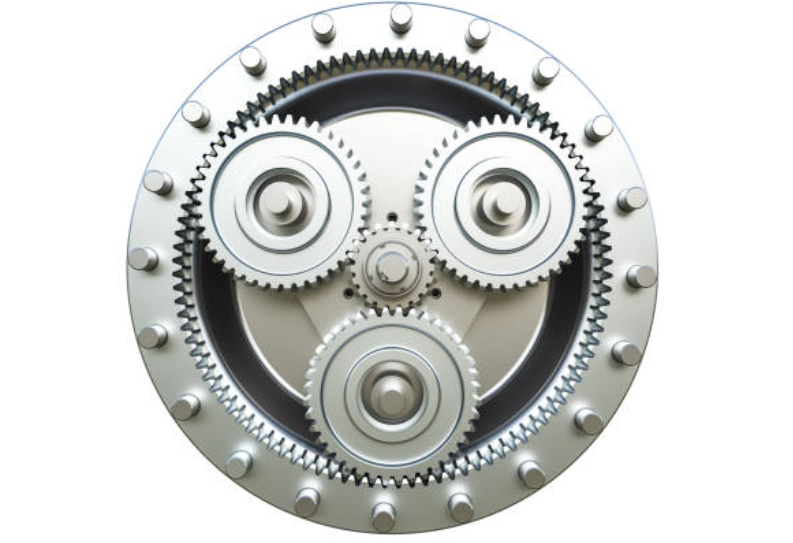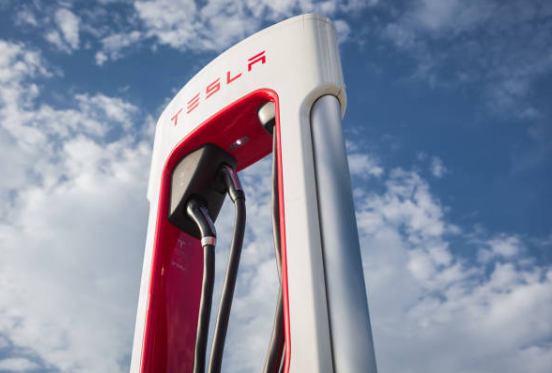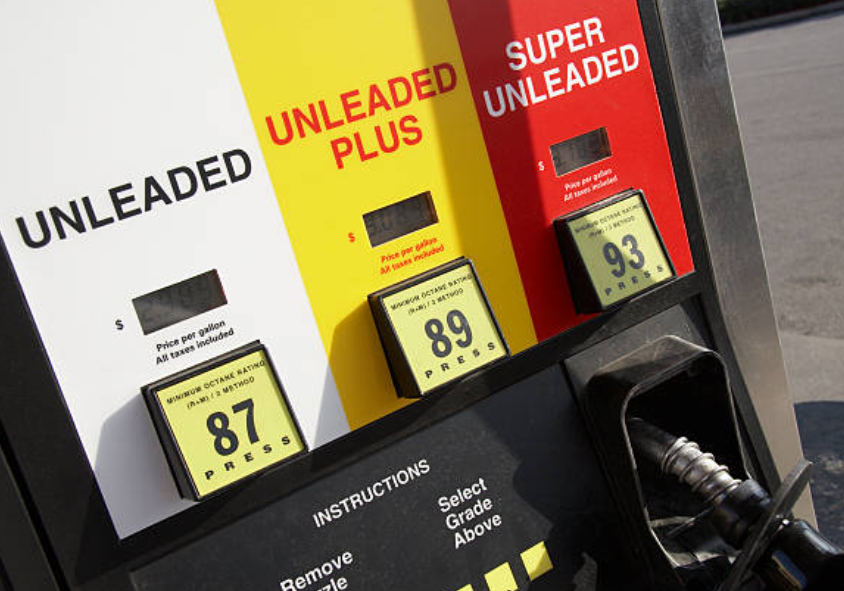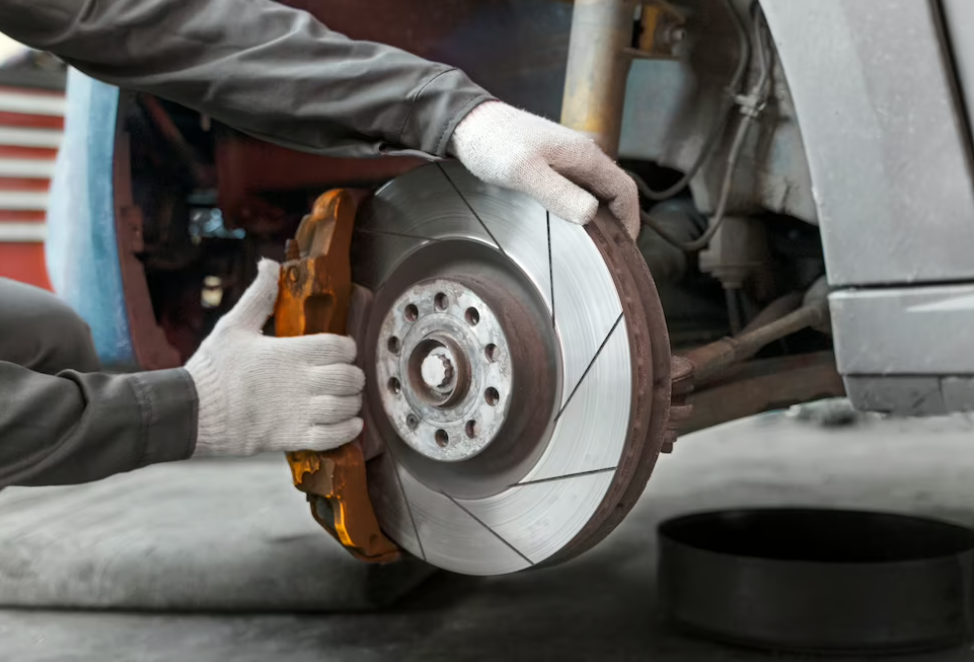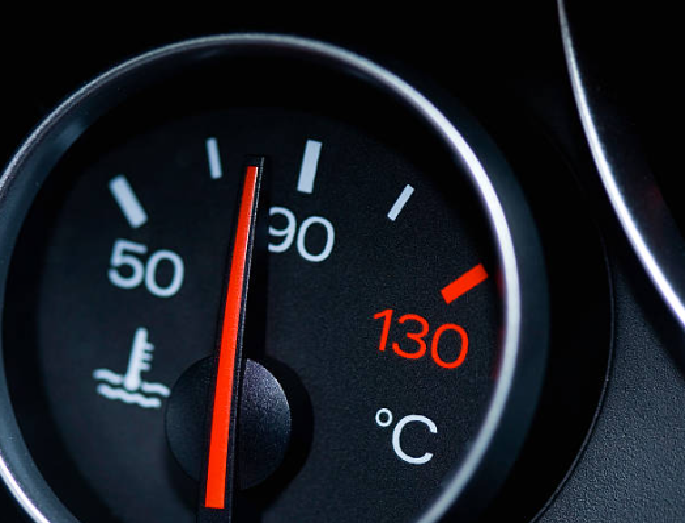What Should You Do When Your Car Overheats?
Have you ever gone for a summer drive and seen the unsettling image of smoke shooting out from under your car's hood? Overheating of engines is a frequent issue that, if not attended to right away, can result in irreversible damage. In addition to explaining why engines overheat, we will offer advice on what to do if your car overheats while you are driving.

Understanding Engine Cooling Systems
Understanding how an engine's cooling system works is crucial before exploring the causes of engine overheating. By moving fluid, also known as antifreeze, from the engine to the radiator and dispersing heat away from the engine, the cooling system keeps the engine running at its ideal temperature.

An engine can overheat when its temperature rises above normal, which can harm a number of parts, including the engine, gaskets, hoses, and seals. Under these circumstances, the cooling systems intended to control this excess heat could malfunction. Overheating can be caused by a number of things, such as radiator issues, leaking cooling systems, hose corrosion, or broken water pumps. Frequent inspections can aid in averting these problems.

Take these safety measures for your automobile if the dashboard warning lights show, you smell something odd coming from the engine, see smoke, or feel like your car is not driving itself.
Stop and evaluate the circumstances
The next step should be to drive off the road to a clear, safe spot and turn off your car as soon as you identify a problem. Driving the car when the engine may be damaged could result in irreversible harm if it is overheating.
Continue traveling only if necessary
Maintaining a slow speed may still enable continuous airflow around the motor to support natural cooling in the event that you are unable to stop the car completely in a clean and safe area. Leaving your automobile running while it is stationary could exacerbate the issue, leading to the rapid production of extra heat that is not needed.

Switch on the heating
That is correct, really. Putting off the air conditioning and putting up the heat while the car is moving might help remove more heat from the engine.
Let all the windows open.
Evaporating as much heat as possible is the aim. Another technique to let heat escape the car is to roll down the windows and open as many of them as you can.
Make an aid request
At this stage, calling for service or roadside assistance is the best alternative.
After the car has been fully stopped and turned off, never open the hood. Depending on how long the automobile has been running, the coolant within the vehicle may be becoming rather hot and pressurizing the cooling system. Only once the automobile has completely cooled down will it be safe to attempt to open the hood. Before opening the hood, it is best to let the automobile cool down naturally.

It may take up to thirty minutes for your automobile to cool down, so keep an eye on the temperature monitor to make sure it is done correctly. Depending on the vehicle you drive, the temperature gauge might only function while the ignition is in the "accessory" or "on" position. In this situation, just turn the ignition to the "on" position in order to monitor the temperature gauge. It is imperative to avoid starting the engine during this phase.
- Future engine damage can be prevented by keeping in mind a few simple recommendations while driving.
- Regularly check the coolant levels in your car.
- Keep a gallon of water and an extra container of fresh antifreeze in your trunk.
- While driving, keep an eye on the temperature in your vehicle.
- On really hot days, avoid using the air conditioning in your automobile excessively.
- When the engine starts to overheat, turn on the heat to aid in cooling it down.
- Check your car's owner's manual for the most recent information on coolant servicing flushes.
- An engine that is overheating indicates a significant problem. Frequent maintenance inspections will assist in spotting issues early on, before they endanger your car irreversibly.
Can driving with a low coolant level cause the engine to overheat?
Yes, low coolant levels can lead to inadequate cooling, increasing the risk of engine overheating.
What are the potential consequences of driving with an overheating engine?
Continuing to drive with an overheating engine can result in severe damage to engine components like warped cylinder heads or blown head gaskets.
Are there warning signs of impending engine overheating?
Yes, warning signs include dashboard lights, unusual engine smells, smoke, or sudden temperature gauge increases.
How often should I inspect my vehicle's cooling system?
It's recommended to inspect the cooling system annually and immediately if leaks or overheating occur.
If engine overheating is not dealt with right away, it can cause irreversible damage. To avoid more damage, it is critical to comprehend the causes and know what to do if your automobile overheats. Your car's engine will run more smoothly if you take a few easy precautions and do routine maintenance checks. This will reduce the chance of overheating and expensive repairs. Always keep in mind that your first concern while handling an overheating engine should be safety.
Click on the following link to read another blog post: When Should We Replace Brake Rotors?


